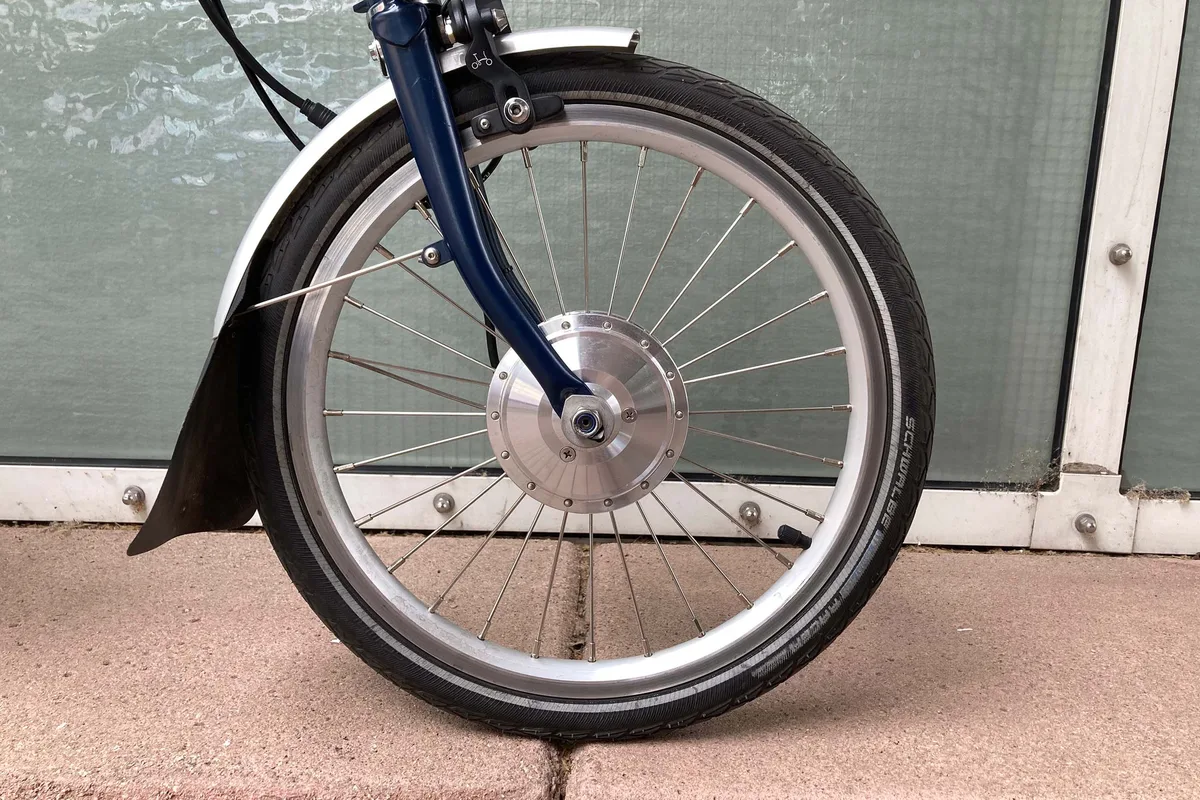Getting the Best Deals on Car Purchases and Leases
Dealerships and leasing agents are trained to sell extras like tire protection plans, infotainment upgrades, VIN etching and warranty extensions that may increase the cost of leasing or purchasing an automobile significantly. It’s best to avoid these unnecessary add-ons since they will drive up costs significantly.
Leasing tends to be most cost-effective at the end of each month or quarter, and by being patient and flexible with your leasing agreement you could save some cash.
1. Know What You Want
Be specific in defining the vehicle you would like to buy or lease; the more specific your criteria are, the easier it will be for you to locate an excellent deal.
Before making your car purchase or lease decision, it’s advisable to choose an ideal time and date. Dealerships may offer reduced prices during slower business times or nearing the end of production of certain models.
As you shop for leases, be mindful of their interest rate (also referred to as the “money factor”). Money factors are usually displayed as decimal fractions to five places such as.00166. Also be on the lookout for extra products such as credit and gap insurance that may be offered by companies outside the dealership and which can quickly add up in cost.
2. Know Your Credit Score
Your credit score is a numerical representation of your financial health that lenders use to assess how risky of a borrower you might be. Your score typically falls in a range from 300-850, with 300 being poor credit and 850 being excellent credit.
Small differences can make a big difference when it comes to getting the best offers on car purchases and leases, which is why it’s crucial that you know your score and take steps to boost it before applying for loans or buying new vehicles.
Though you won’t know which specific score your lender or dealer uses to evaluate you, most businesses (including car dealers) rely on FICO and VantageScore consumer scores as well as the TransUnion CreditVision score designed specifically for auto lenders, financing companies and dealerships.
3. Do Your Research
Prior to approaching a dealer, conduct extensive research on vehicles that interest you. Online pricing tools like Kelley Blue Book and NADA can assist with this by showing what others have paid. This information is especially important if leasing, since your lease payment depends on its depreciation value – if your driving record includes frequent miles on it then consider leasing one with lower depreciation value or negotiate for an increase in mileage caps in your contract.
Avoid rushing the process; especially around Labor Day and Black Friday when dealerships can become especially frantic with customers and salespeople are less willing to offer incentives. Asking pertinent questions and doing your research beforehand could save money in the end.
4. Be Flexible
Leasing allows you to enter into the car buying experience without spending a great deal upfront, yet lease agreements typically include sales tax and various fees like documentation and acquisition charges. Before finalizing a deal at one dealership or another, ask for an out-the-door price and compare with similar dealership quotes before making your decision.
As part of leasing, it’s wise to remain flexible regarding mileage. Many dealerships advertise attractive lease deals with lower monthly payments or little due upon signing, yet these may come with an annual mileage cap; should you go over that limit, an extra fee could apply at lease end.
Negotiating and shopping around can save you thousands of dollars when buying or leasing a car, no matter your financial situation. Be sure to use our calculators as part of this decision making process for smart decision-making.
5. Shop Around
Automakers offer special deals throughout the year depending on supply and demand, with some offers being national while others varying by region. Knowing about local prices, rebates, and transaction prices will help you secure an excellent bargain.
Consider also reviewing your car’s total costs of ownership, which include maintenance, insurance and fuel. This data can be found online through websites like Edmunds or Kelley Blue Book.
When buying, it is wise to shop around extensively and force dealerships to compete for your business. Cash rebates and low financing rates often represent significant discounts; however, you could also save by haggling over price of vehicle itself.












